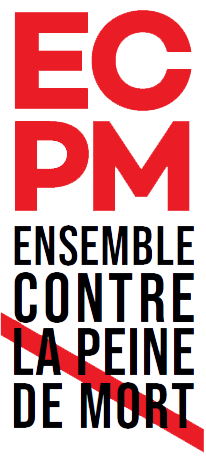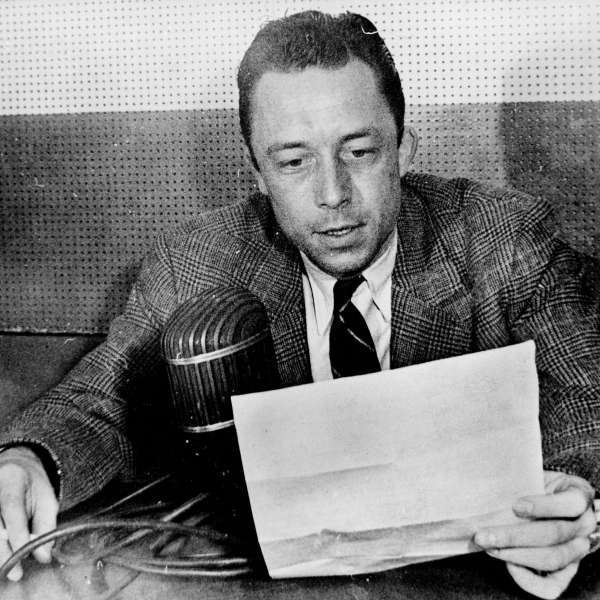18
ALBERT CAMUS
FRANCE
RESSOURCES :
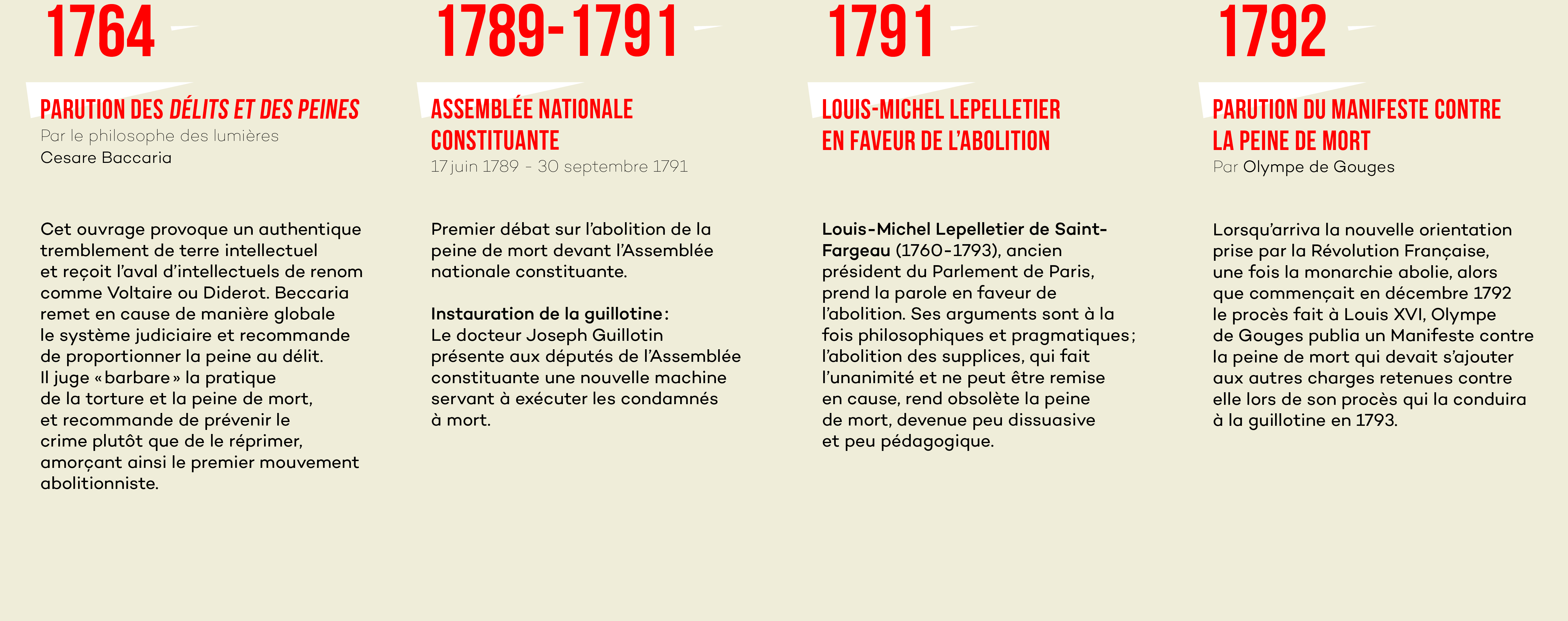
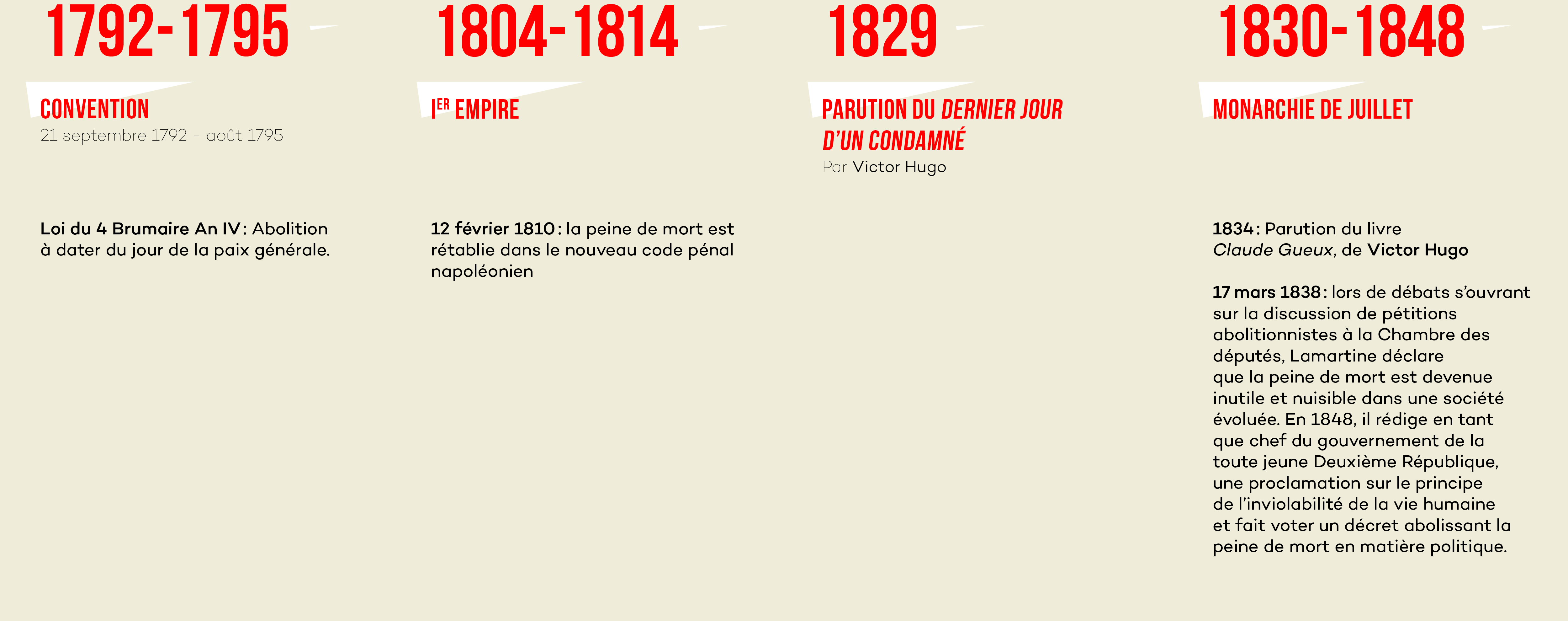
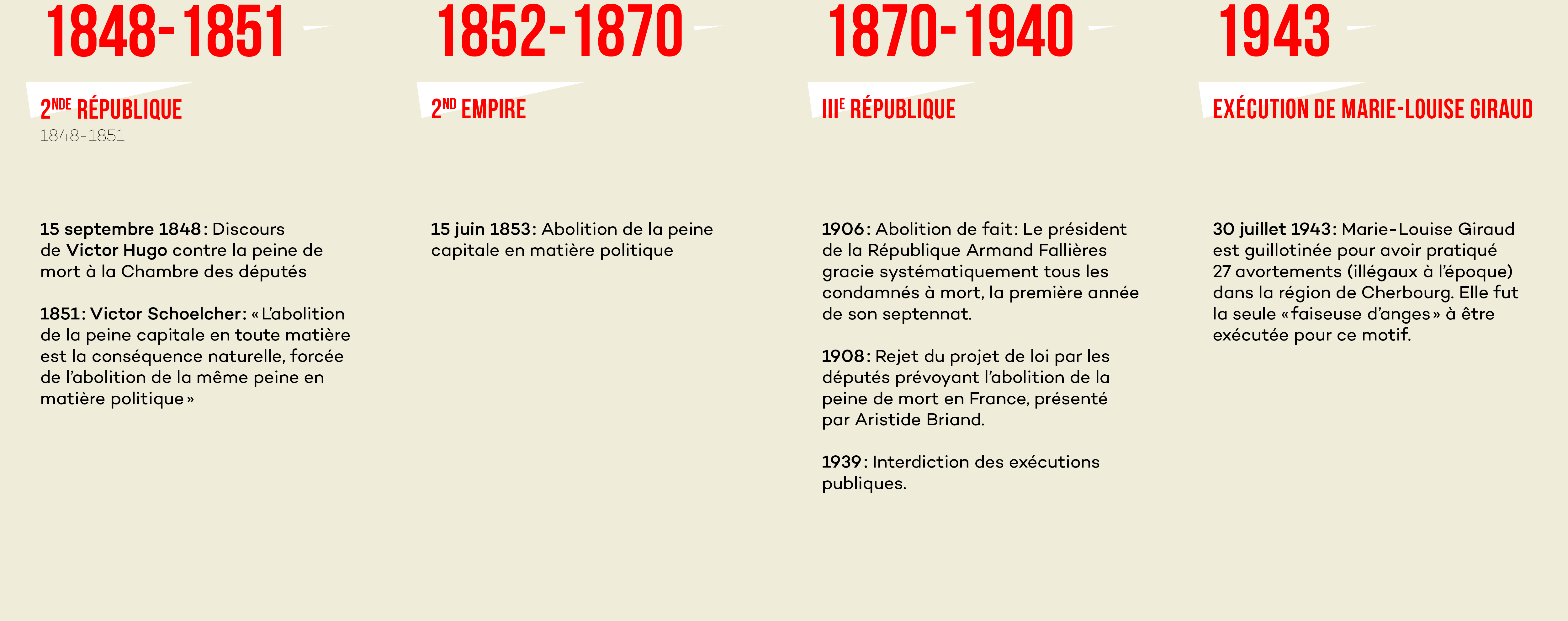
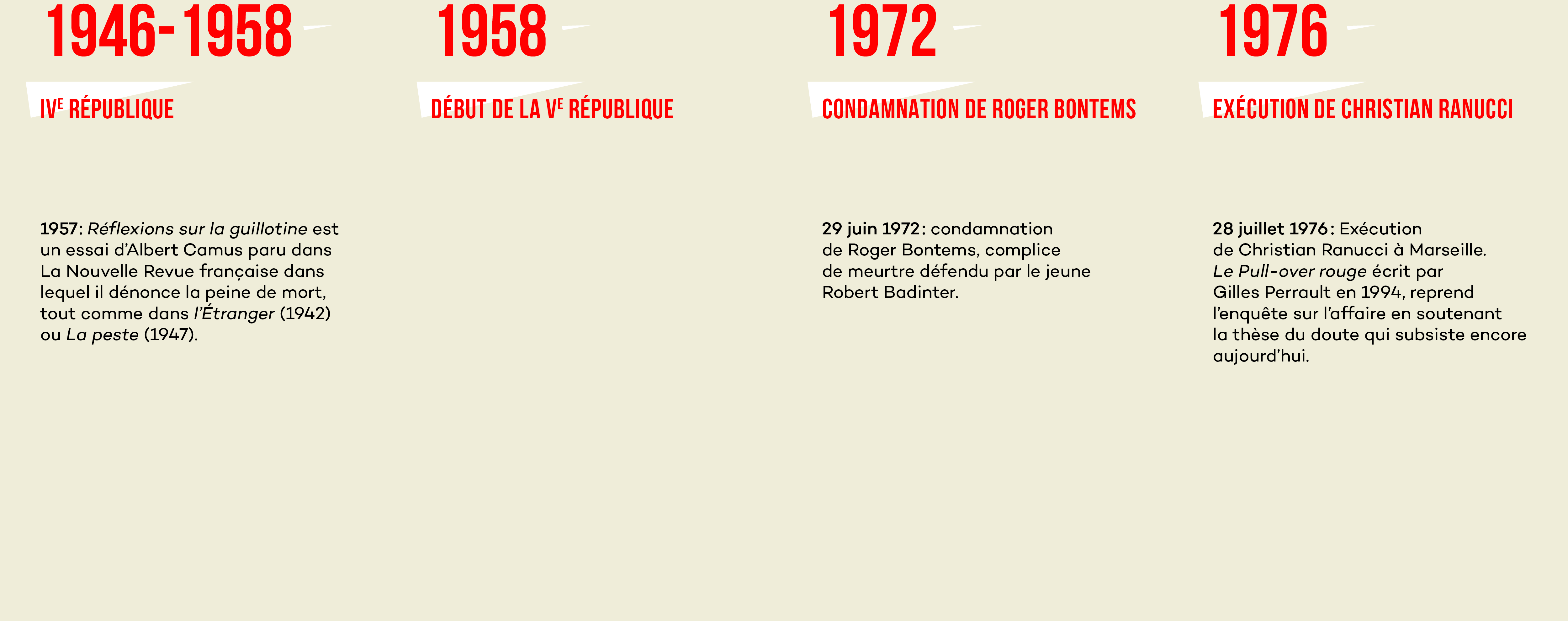
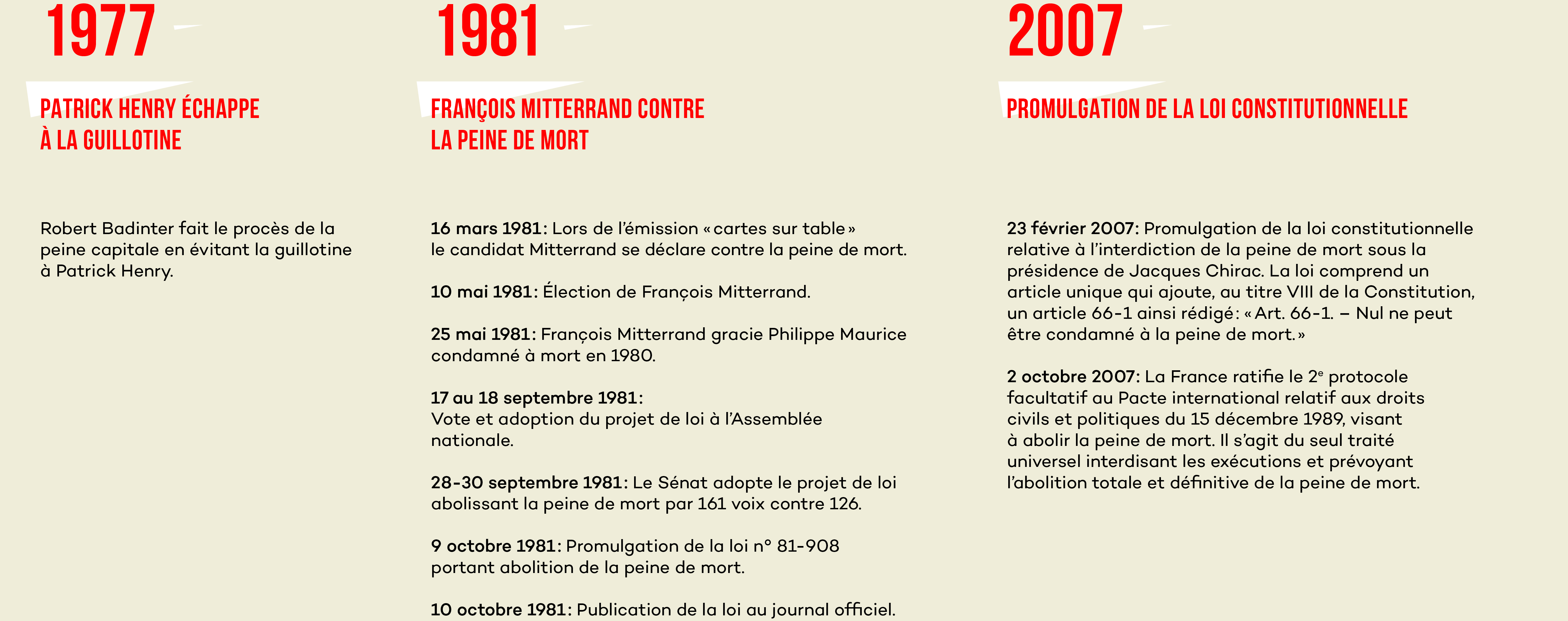
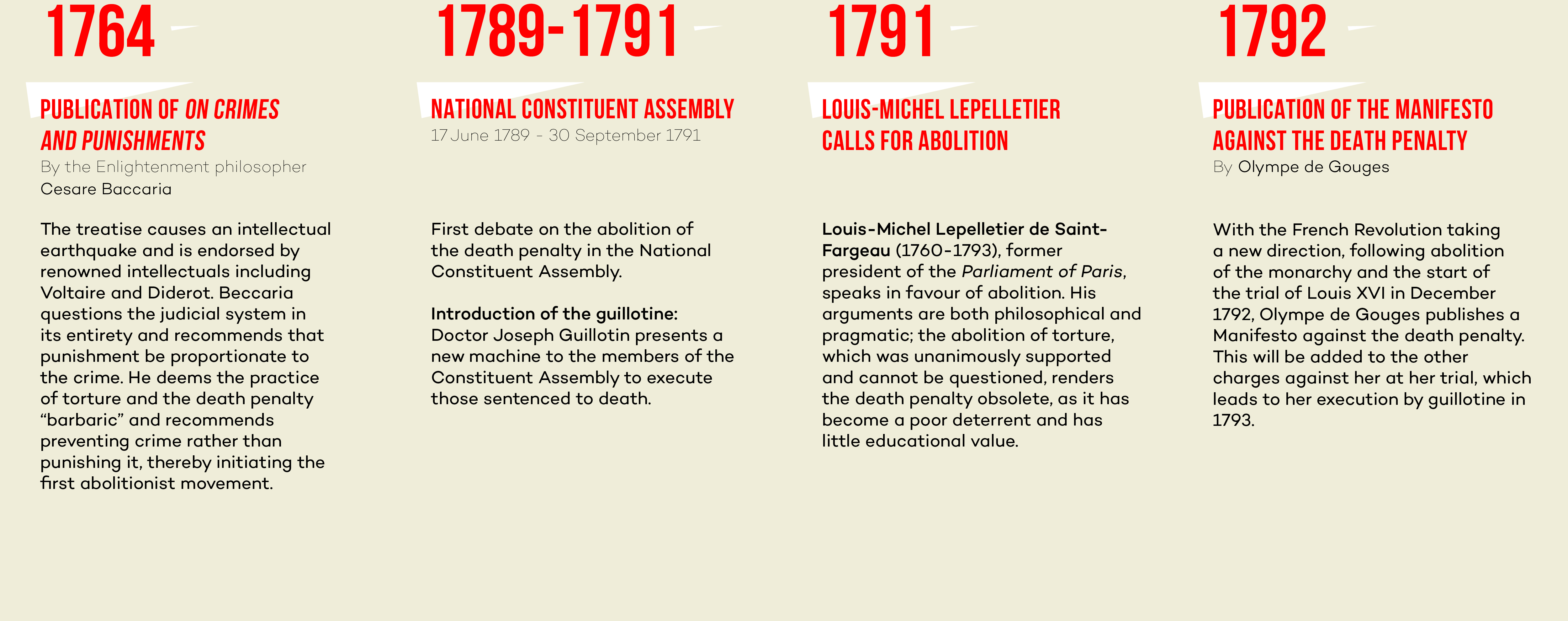
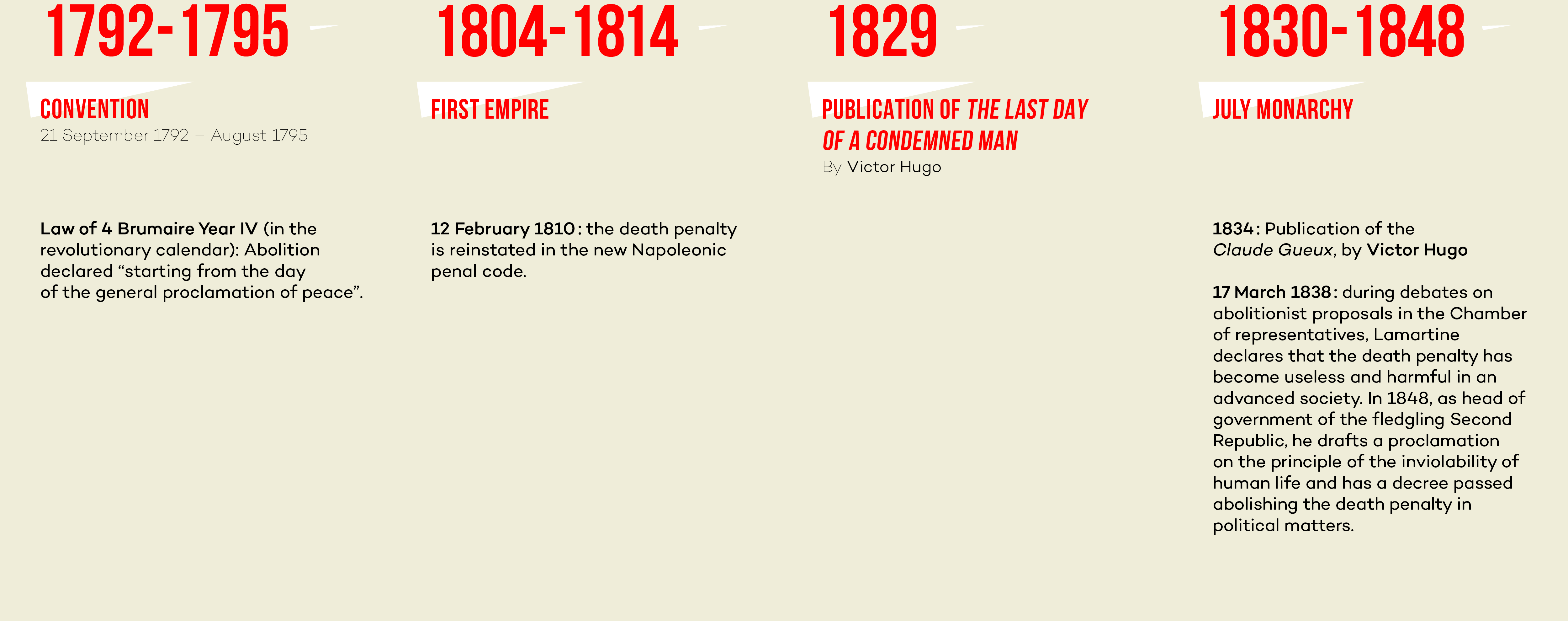
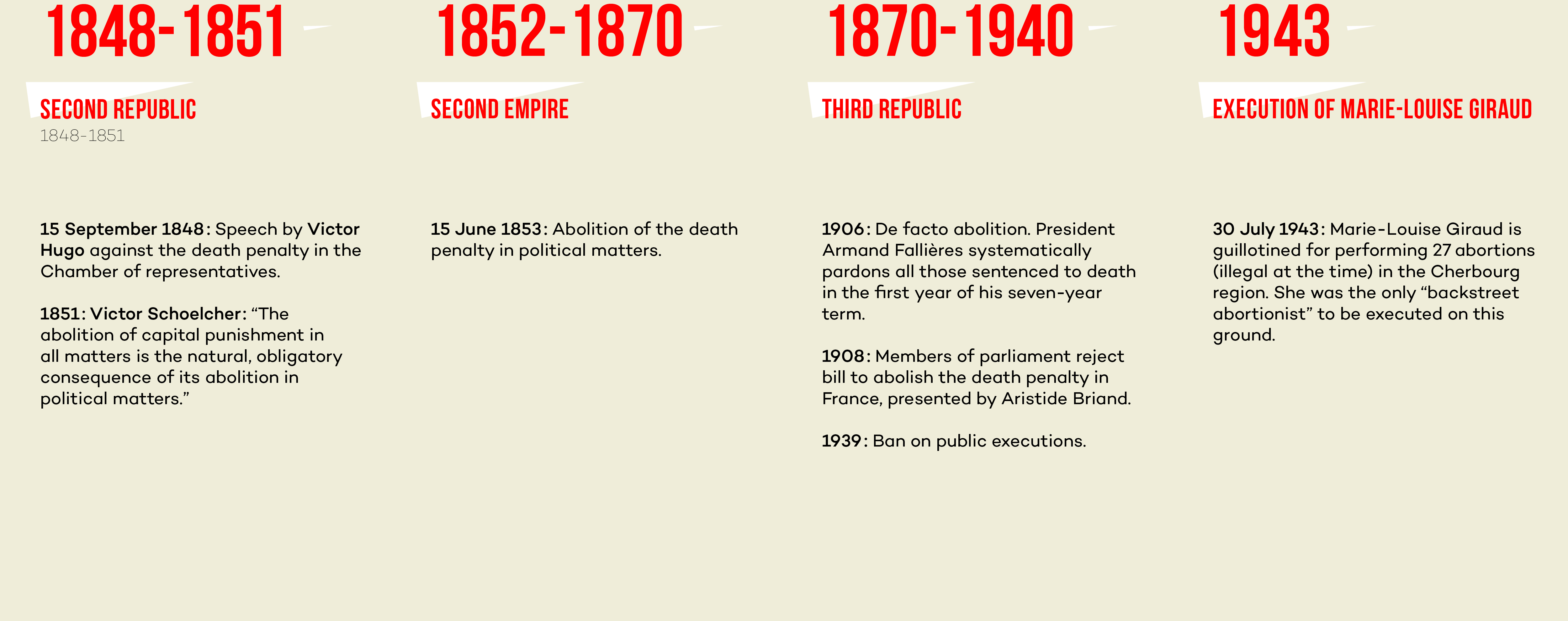
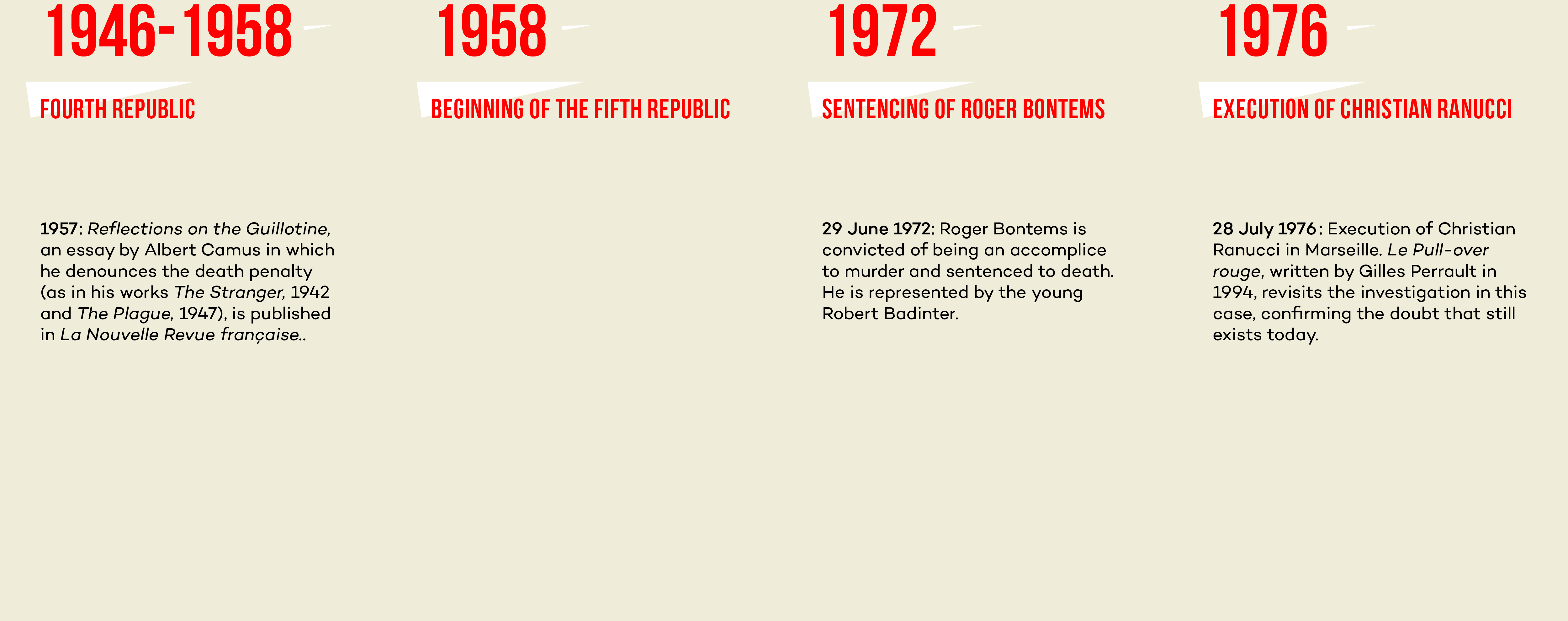
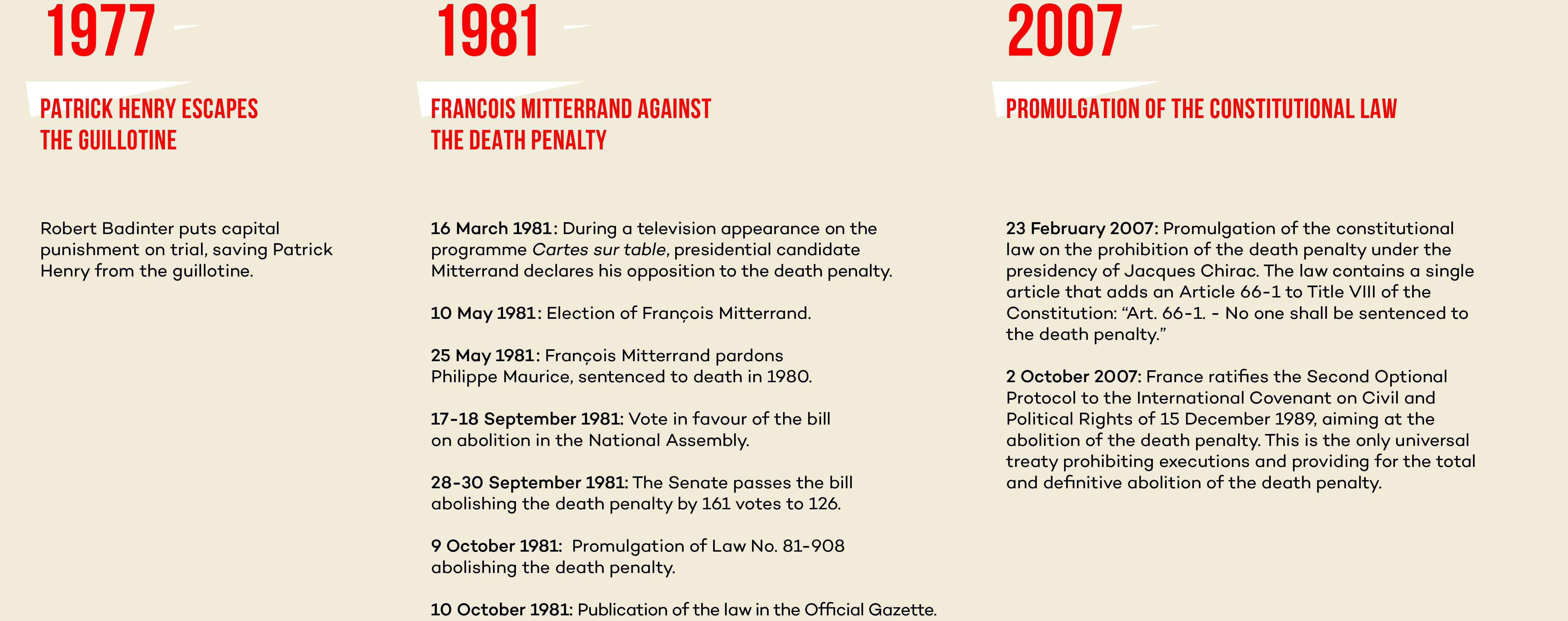
Camus mène un combat de fond contre la peine de mort. Il est avec Hugo l’écrivain français le plus prolifique et le plus impliqué sur le sujet.
Dans L’Étranger (1942), l’auteur stigmatise la sanction capitale tout au long du parcours absurde de Meursault. Dans La Peste (1947), il relate la saisissante scène d’une exécution par fusillade. Réflexions sur la guillotine, véritable réquisitoire, est à cet effet la synthèse théorisant l’ensemble de sa pensée abolitionniste.
De son père dont il n’a rien connu d’autre que quelques photographies et les circonstances tragiques de sa mort au front de la Grande Guerre, il conserve pourtant une anecdote. Elle est l’événement fondateur pour l’écrivain orphelin, à un point tel qu’il la relate dans trois de ses ouvrages : L’Étranger, Réflexions sur la guillotine et Le Premier Homme. Lucien Camus, révolté par son crime, se rend à l’exécution d’un ouvrier agricole condamné pour avoir tué à coups de marteau toute une famille. Mais il revient chez lui, écœuré. « Ce qu’il vit ce matin-là il n’en dit rien à personne. Ma mère raconte seulement qu’il rentra en coup de vent, le visage bouleversé, refusa de parler, s’étendit un moment sur le lit et se mit tout d’un coup à vomir[1]. » L’horreur de la scène l’a révulsé : « Au lieu de penser aux enfants massacrés, il ne pouvait plus penser qu’à ce corps pantelant qu’on venait de jeter sur une planche pour lui couper le cou[2]. » Et l’écrivain de continuer : « Il faut croire que cet acte rituel est bien horrible pour arriver à vaincre l’indignation d’un homme simple et droit pour qu’un châtiment qu’il estimait cent fois mérité n’ait eu finalement d’autre effet que de lui retourner le cœur[3]. » Voilà l’histoire qu’Albert reçoit en héritage paternel. La nausée face à la guillotine qui tranche les cous. Il en conclut : « Quand la suprême justice donne seulement à vomir à l’honnête homme qu’elle est censée protéger, il paraît difficile de soutenir qu’elle est destinée, comme ce devrait être sa fonction, à apporter plus de paix et d’ordre dans la cité. Il éclate au contraire qu’elle n’est pas moins révoltante que le crime et que ce nouveau meurtre, loin de réparer l’offense faite au corps social, ajoute une nouvelle souillure à la première[4]. » Pour Camus, la peine de mort est injustifiable. Outre que la société ne croit pas elle-même à son exemplarité, il n’a jamais été prouvé que la sanction capitale ait fait reculer un seul meurtrier. Par voie de conséquence, il dénonce la dissimulation des exécutions dans l’enceinte des prisons à partir de 1939. En cachant la honte, plus personne n’en fait cas puisque l’on ne voit plus l’atrocité du supplice.
Une autre étape du parcours abolitionniste de Camus se produit lorsque François Mauriac, à la Libération, demande la grâce au nom de la charité pour les collaborateurs. Camus lui répond à travers le journal Combat, qu’il veut la justice avant la charité. Toutefois, il se rétracte et c’est ainsi qu’à l’instar de Marcel Aymé – auteur du très remarqué et polémique La Tête des autres –, Albert Camus demande la grâce de Robert Brasillach, au-delà du mépris et de la haine qu’il éprouvait pour lui. Mais le Général de Gaulle refuse de gracier, et Brasillach est fusillé le 6 février 1945 au fort de Montrouge. Cependant, Camus n’abandonne pas sa lutte, et il poursuit toute sa vie son action en faveur des condamnés à mort, en France et à l’étranger.
Car Pour Camus, partout où elle subsiste, la peine de mort est un châtiment cruel, inhumain et dégradant.
[1] Albert Camus, Réflexions sur la guillotine, dans Arthur Koestler et Albert Camus, Réflexions sur la peine capitale.
[2] Ibid.
[3] Ibid.
[4] Ibid.
Marie Bardiaux-Vaïente
Concernant « Je veux vivre » ! film de Robert Wise : Camus y fera référence dans la plupart de ses œuvres et la combattra constamment. « À quoi servirait le cinéma américain s’il ne servait à nous mettre en face des réalités de notre temps. […] Le jour de véritable civilisation est encore à venir, en Amérique comme en France, mais l’honneur de ce film est de contribuer au moins à son avènement. » (Albert Camus, « I want to live », Close-Up, 12 mars 1959)
- livre
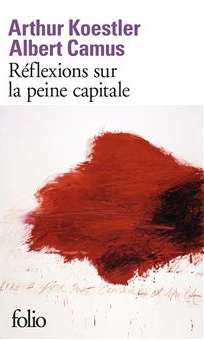
Réflexions sur la peine capitale
Auteurs : Albert Camus, Arthur Koestler
Date de parution : 2002
Lieu de parution : Paris
Éditeur : Folio (« poche »)
Rédigé alors que l’exécution par guillotine était encore légale en France, l’attaque dévastatrice d’Albert Camus contre « l’exposition obscène » de la peine de mort reste l’un des arguments les plus puissants et les plus convaincants jamais avancés contre la peine de mort.
- film
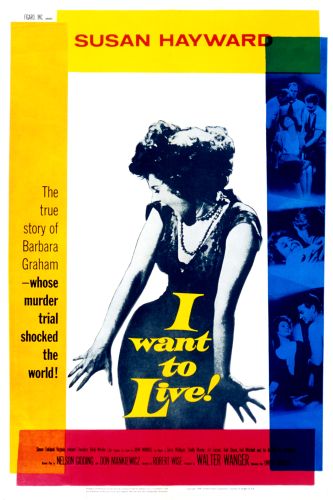
I want to live « Je veux vivre » !
Réalisé par Robert Wise
Genre : Drame /Biographie
Durée : 120 minutes
Sortie : 1958
Basé sur des faits authentiques, ce film retrace l’histoire de Barbara Graham, condamnée à mort pour un meurtre qu’elle n’a pas commis. Ed Montgomery, un journaliste convaincu de son innocence, tentera en vain de la sauver. (Film souvent référé par Camus)
- vidéo
- activité
- pour aller plus loin
- Quiz
